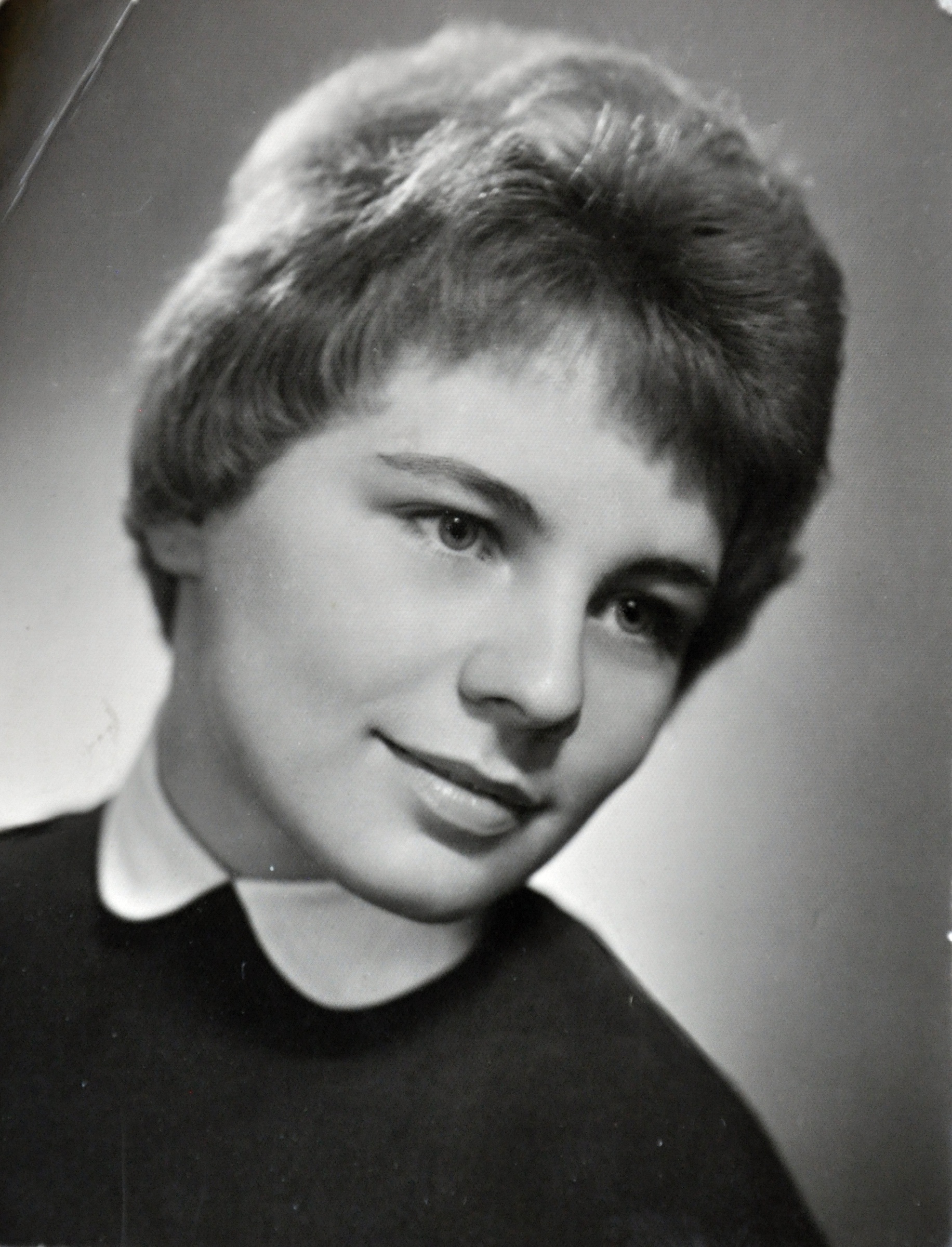We spoke Czech at home. I hated German in school

Stáhnout obrázek
Gertruda Ješonková, née Talagová, was born on the 21st of December 1941 in Ostrava-Vítkovice. Her father Josef Talaga was an engineer, her mother Lidie was a dressmaker. They were both of German nationality. After the occupation of Czechoslovakia her father had to join the German army. He served with the air force and was injured in Poland towards the end of the war. In May 1945 Gertruda Ješonková and her mother were interned in camps intended for Germans from Ostrava. Following her release she grew up in the family of her uncle Miloslav Konečný who owned a dressmaking company. From 1945 to 1949 her mother faced persecutions directed against inhabitants of German descent. In 1949 the uncle was sentenced to half a year in prison and he had to close his business down. Gertruda Ješonková only learnt the historical facts concerning the integration camps for Germans from Ostrava after 1989.




















